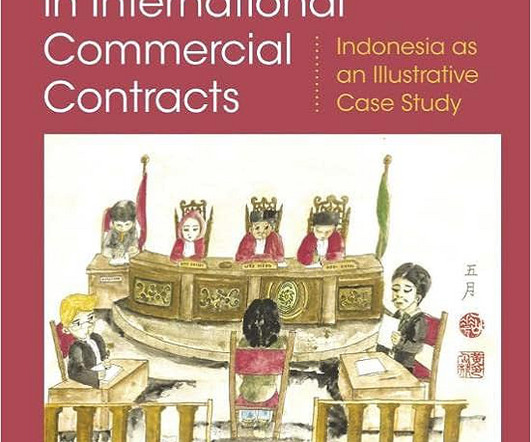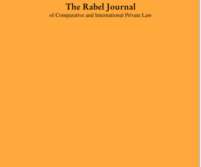Review of: PP Penasthika, Unravelling Choice of Law in International Commercial Contracts: Indonesia as an Illustrative Case Study (The Hague: Eleven Publishers 2022)
Conflict of Laws
AUGUST 23, 2023
Very recently, Indonesian private international law has attracted significant scholarship in the English language. [1] 1] Dr Penasthika’s monograph (‘the monograph’) [2] is one such work that deserves attention for its compelling and comprehensive account of choice of law in international commercial contracts in Indonesia.














Let's personalize your content